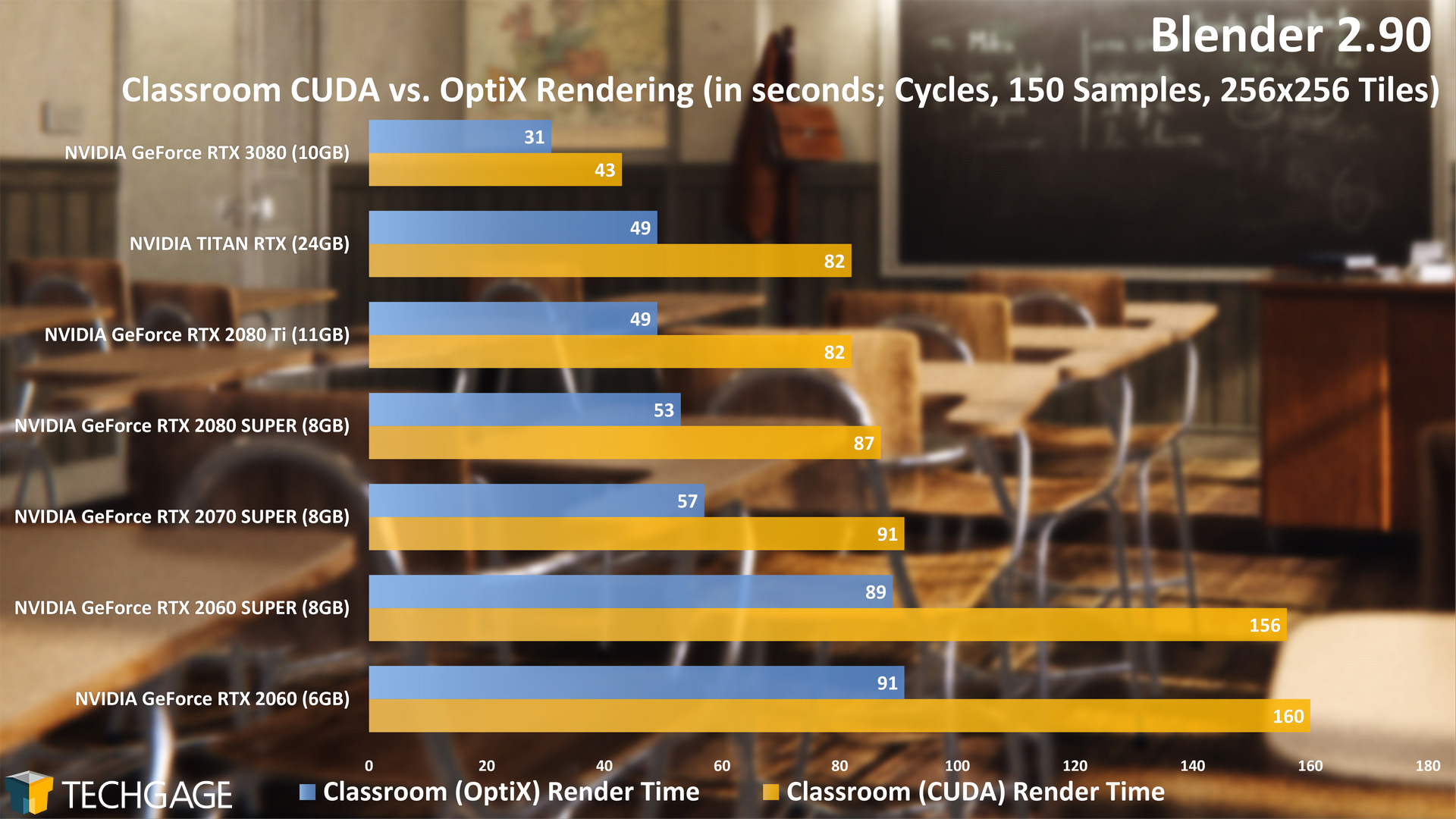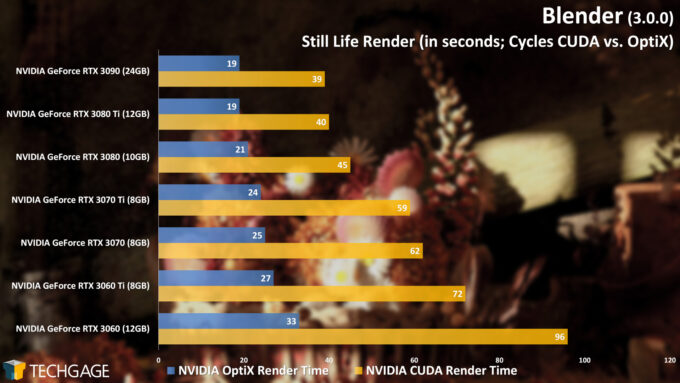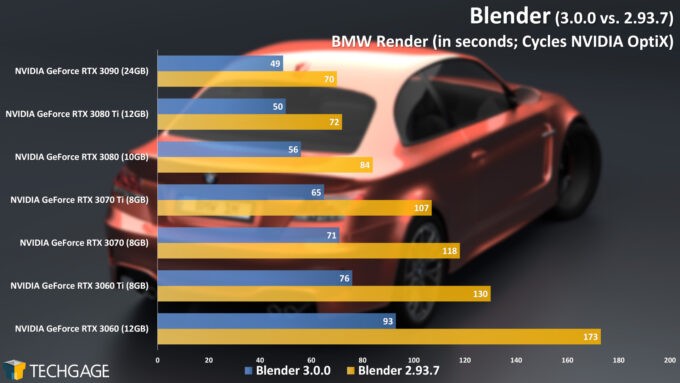They may be the most disliked, but they also have the strongest cult following to balance it out
This reminds me of the 90's. When reviewing Apple hardware, anything that doesn't use a benchmark that shows Apple hardware in the absolutely best light should be ignored. Because you know, people never use software or business applications that aren't optimized for the latest Apple hardware.
Thankfully, at least the M1 and MacOS aren't as bad now as the CPUs and MacOS were back in the 90's. But that attitude that only the benchmarks that perform best on Apple hardware should be used appears to still be there.
It's still a relatively new CPU, it's fine if sites benchmark applications that haven't been ported and optimized for the M1 yet, because you know there are still people that use those applications and will continue to use those applications until there's a optimized version for M1.
Obviously as applications get ported and optimized, the earlier reviews will become less relevant, but it would be a disservice by some sites to hold off on showing performance on some applications just because at some nebulous time in the future a ported and optimized version of that application might exist.
Regards,
SB
Reasonable benchmark can and should* include things Apple chips have problems with.
*they do exist in apps people use, thus, should
These are all good points.
We should also include widely used apps, which are not particularly well optimised for macOS/M1, in reviews of the M1. But motivations for why they're included and a disclaimer that performance tanks due to a lack of software optimisation should be made clearly. Conversely, in reviews of x86/Nvidia/AMD products, we should also include widely used macOS apps which are typically more performant on macOS/M1. Consistency requires that treatment be applied in both directions.
Secondly, my main issue with the LTT review is the lack of distinction between hardware limitations and software limitations. If an RTX 3080 performs like an RTX 3050 due to crappy drivers or unoptimised software, then a review should clearly state "due to software bottlenecks, the RTX 3080 and 3050 perform identically". Making a sweeping generalised statement like "The RTX 3080 is equivalent in hardware performance to an RTX 3050 because our benchmarks say so" is factually incorrect. Proper review sites like LTT, GN, HUB, DF, and so on have the tools and indeed the expertise to make this distinction, and so they should. I shouldn't have to refer to an Apple fanboy channel like MaxTech for some basic facts and clarity when it comes to hardware performance.



